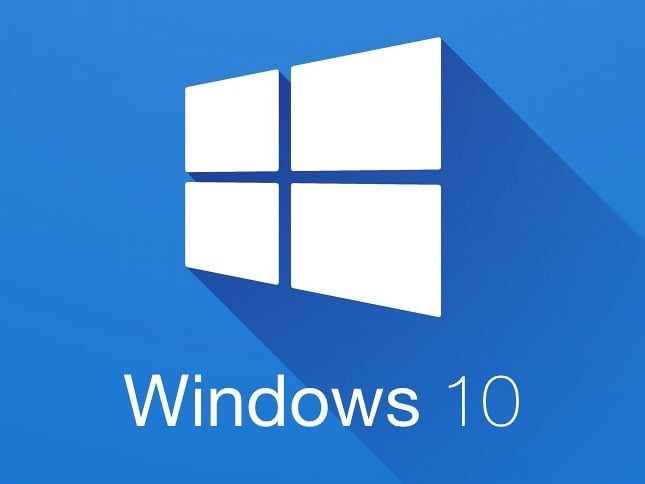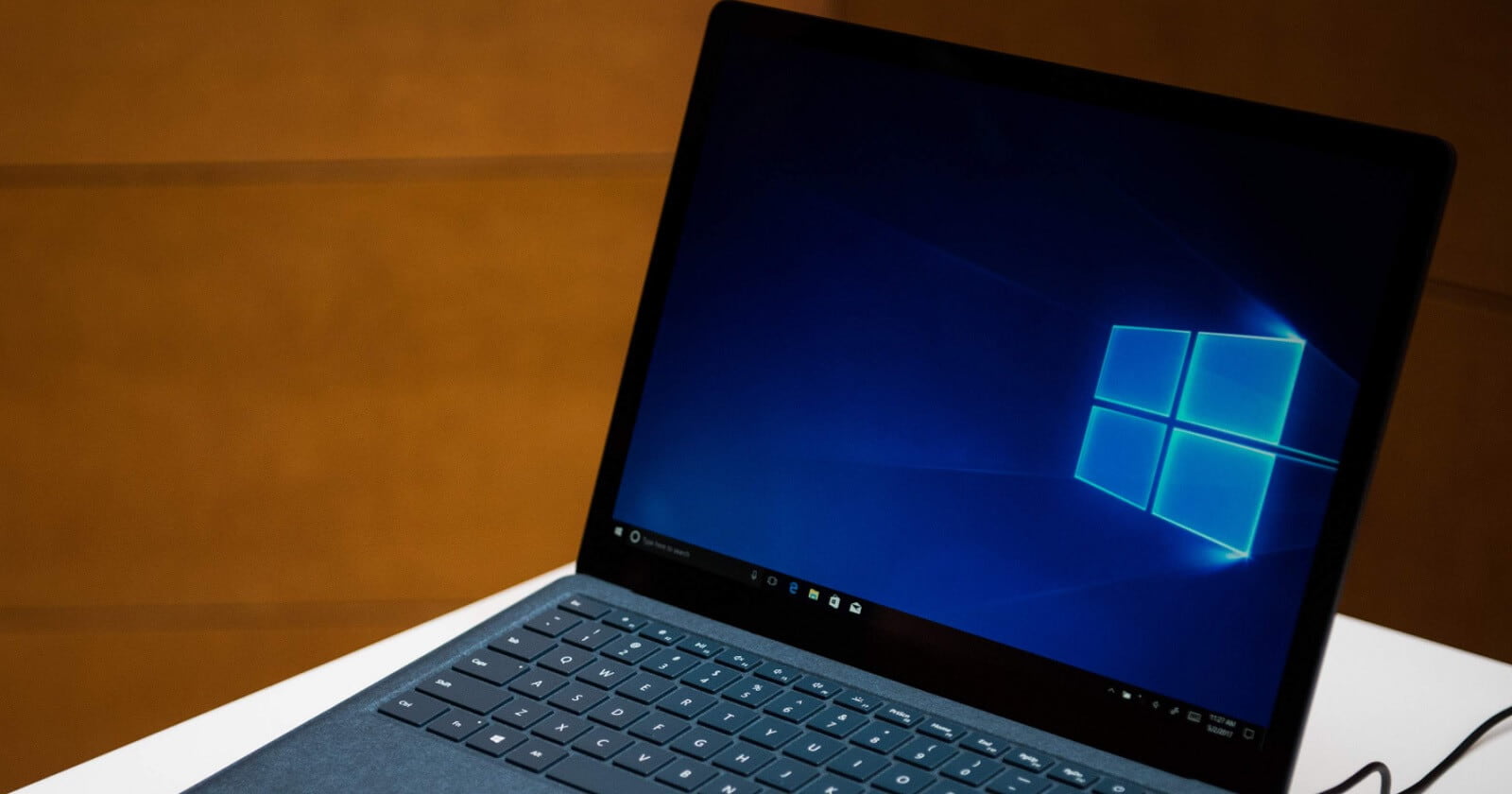- 7 Posts
- 44 Comments

 2·3 months ago
2·3 months agoThis is also how I have it set up, with “firefox multi-account containers” and “simple tab groups” working together, you can have multiple containerized accounts within one firefox instance. Works great!

 15·3 months ago
15·3 months agoAlso, the difference between the tone of the speechea between Harris and Trump are like day and night. Where Trump continues to throw dirt and spew so much negativity, Harris sounds like someone who steps beyond the dirt throwing and really comes with a vision and ideas how to govern the country.
Well, my 2cts from someone on the other end of the Atlantic 😀

 49·3 months ago
49·3 months agoAt this point I am seriously wondering why people would like to use Chrome over Firefox for instance.

 2·3 months ago
2·3 months agoI have been using Linux on the desktop over the last 3 decades on and off, and my homelab is fully on Linux. But for the desktop I rely on some audio workstation software that is just too expensive and good to not use… Maybe, when Windows 10 support is ended I might have to do the switch…
This is from the Blues Brothers movie from 1980.

 3·3 months ago
3·3 months agoAMD published a list with the mitigation on Sinkclose on all their processor ranges, and the ComboPI version that will have a patch:
Use of hardware enablement package kernel might help here? It is called linux-generic-hwe or something like that. It will install a much newer kernel with more support for newer hardware.
You can easily selfhost Seafile and make a ‘dropbox’ like system with as many users you like, and as large a storage you can handle / afford. Although there is an enterprise version, the community edition provides with many features to make it really a great service. It is mighty fast, and has native clients for many different platforms, in addition to using the Seafile website to acces, upload and download files.
I never hosted Nextcloud, but from what I read, it is a beast with way too many features to fit my use case. Seafile is doing one thing very well.

 51·8 months ago
51·8 months agoWe have to speed up technology so that it outpaces us humans getting older!

 2·8 months ago
2·8 months agoThat’s the right question to ask! It may have to do with the Halo effect as well. Even though the influencer not necessarily is a celebrity, they have build a certain level of trust with their followers I guess… In any case, I dont get it either, but I may fall out of the audience for any influencer I guess…

 1·8 months ago
1·8 months agoAh, that is a good point. I am using 6.5.0 kernel atm, as part of the HWE (hardware enablement) package, which supports QuckSync / hardware encoding of my 12th gen intel processor. I did a quick search, but did not find HWE for Debian is that correct?

 6·8 months ago
6·8 months agoYes, I am running unattended-upgrades, and basically my current server is running 24/7 just fine! It is indeed like set and forget already. More reason to move to Debian!

 10·8 months ago
10·8 months agoIt seems to be the most logical move to go from Ubuntu to Debian indeed. As I understand it maintains the core Linux system as I have it now (systemd / apt / stable kernel) while truly community driven. I have to look into transitioning into the latest stable Debian release.

 1·9 months ago
1·9 months agointeresting! So I should be able to throw my docker-compose yamls directly at Podman and be good to go?

 2·9 months ago
2·9 months agojust curious; why would you like to use podman over docker? I have a lot of docker containers running, wondering if I should switch to podman.

 10·10 months ago
10·10 months agobot fight! lol…
We know humanity is lost if bots are starting to fight over domination…

 2·10 months ago
2·10 months agoYes, NTFS indeed. That is the setup I am using right now as well, because the games drive already was NTFS. For steam this works nicely.
However, for other use cases I was creating symlinks to directories on another NtFS drive in my system, and this borked some files. So that is how I found the BTRFS option. Have not tried it myself though…

 2·10 months ago
2·10 months agoyou could try using BTRFS, there is a driver for windows. NTFS support can be flakey from Linux and is in general not recommended. If you are using steam for your games library, there is a support article from valve that helps setup dual boot accessable game library. I have set that up in my dual boot system (windows 10 / Endeavour OS). It works, and also the steam sync feature works nice so game progress is shared across both OSses.
See also: https://github.com/ValveSoftware/Proton/wiki/Using-a-NTFS-disk-with-Linux-and-Windows
If you are just looking for a way to SSH into your machines from outside your network, you can setup a more recent VPN or Wireguard yourself. If you have a Raspberry Pi lying around, using PIVPN makes things super easy. You can have both OpenVPN as well as Wireguard running if you want, using the same script. If that is the only thing you like to do, then there is no need to reverse proxy your servers and expose them. Just having a VPN or Wireguard connection should be enough to access your servers when outside of your network. It is recommended to have a fixed IP btw, to find your VPN/Wireguard server easily.
Also, you can leave all your servers locally (and not exposing them) when you can reliably setup a VPN/Wireguard connection. That is the most secure I guess.






Sounds like a solid plan! I would be surprised if the public opinion here would be any different. There are no billionaires on Lemmy.